 |
 |
 |
The title of the 2008 Mental Health Services (TheMHS) Summer Forum was ‘Aboriginal and Torres Strait Islander’s mental health and emotional wellbeing’, and had the theme: ‘time to listen, time to act’. The forum was held on 21 – 22 February 2008, at the Powerhouse Museum in Sydney . The Forum was attended by 190 people, ranging from consumers to researchers to representatives from the health workforce.
The welcome to country was provided by Uncle George Fisher, with live Didjeridu music by Nathan Scott. The Forum welcome was provided by Kevin Kellehear, chairperson. Tom Brideson provided the introduction to the Forum.
Presentations included:
- Calma T. Human rights, Indigenous communities and social and emotional well-being
- Milroy H. Children, transgenerational trauma and the well-being of Indigenous communities
- Milne M. Maori mental health: past, present, future
- Hunter E. Promoting mental health and wellbeing in remote communities: overcoming the digital divide
- Ober C. Workforce development and capacity building: considerations for the future
- Brideson T. Lessons from the current roll out of the Aboriginal Mental Health Workforce Program
- Phillips N. From the edge of nowhere to the eye of the storm: Gubbah psychiatrist talks about Indigenous mental health
- Roberts R, Sanders T. What are the key elements of a good service?
- Harris V. The Social and Emotional Wellbeing Program within the Co-operative Research Centre for Aboriginal Health
- Dudley M. Suicide prevention
- Wieland B, Dodd Z, Wilmott Elder J, Krieg A. A learning guide: a process of cultural respect within a mental health service
- Rosen A. What can the wider community learn from Aboriginal and Torres Strait Islander people?
 |
 |
 |
The National Aboriginal and Torres Strait Islander Mental Health First Aid training and research program was launched at the conference.
Some of the presentations will be made available on the TheMHS website. TheMHS will also attempt to make the presentations available in audio form on a CD. Please contact TheMHS to obtain your copy of this CD.
Australian Indigenous HealthInfoNet staff member Ineke Krom ran a HealthInternet café at the conference.
- For further information:
- Contact details:
- TheMHS, PO Box 192, Balmain NSW 2041, ph: (02) 9810 8700, fax: (02) 9810 8733, email: info@themhs.org
We’d like to thank the conference participants who provided written permission for us to display their photos here (click on the photos to enlarge).












